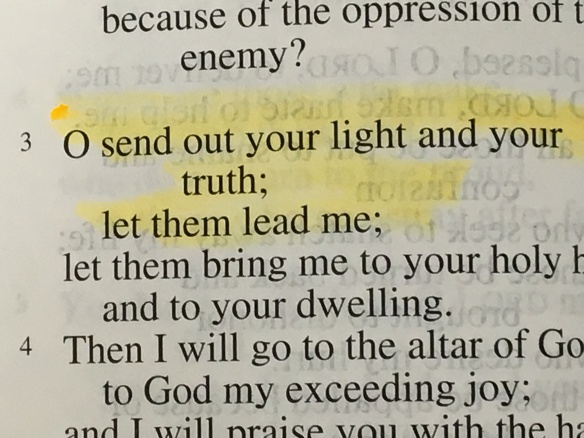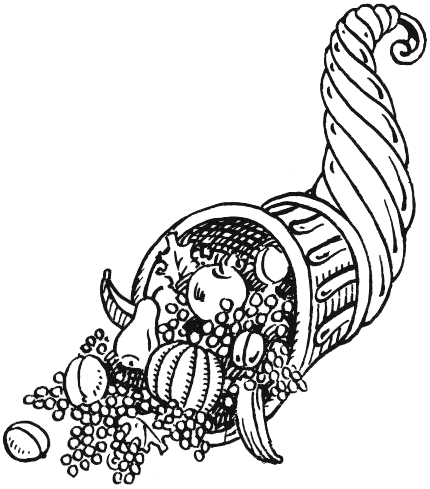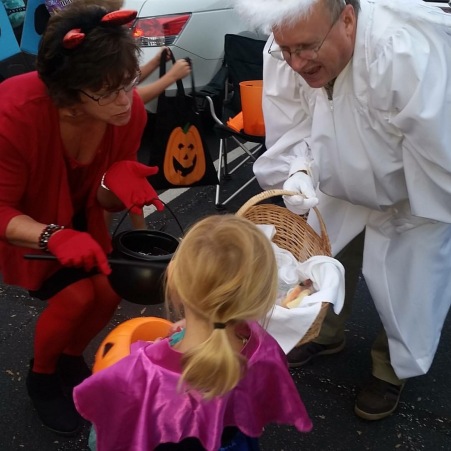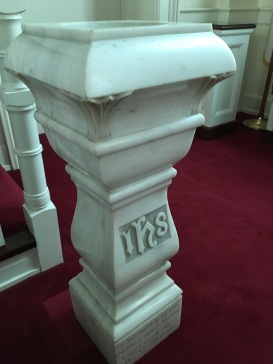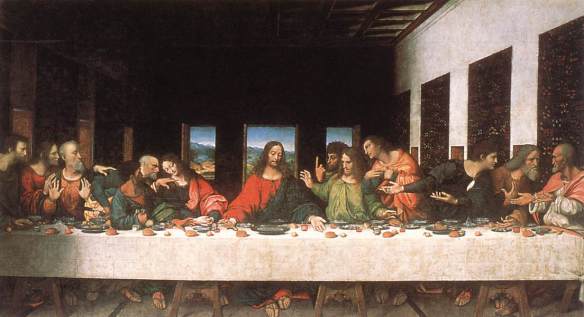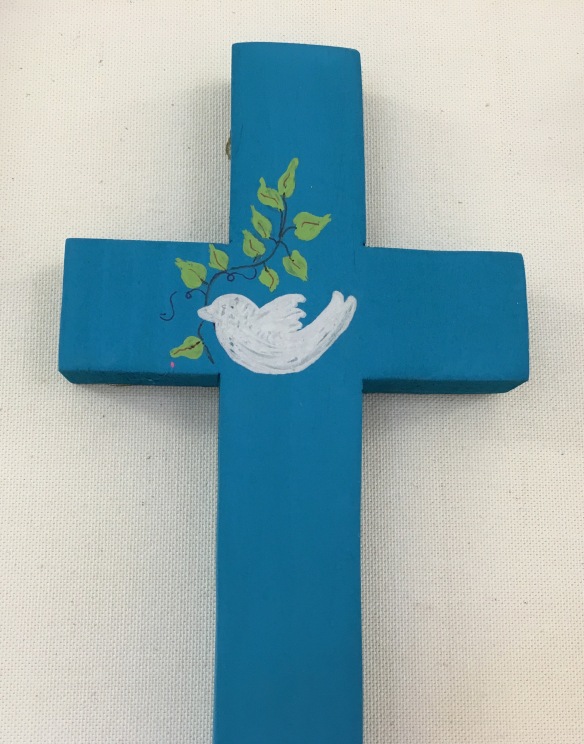And after he had dismissed the crowds, he went up the mountain by himself to pray. (Matthew 14:23)
We have awakened to the week after the week after Easter. After our Resurrection celebration, we church folk settle down to post-Easter life. The Sabbath “buzz”of the congregation may diminish, the pews may be a tad or quite a bit less crowded.
Perhaps we experience a bit of a spiritual lull, our rapt attention to empty tombs and angels and the risen Jesus downshifting somewhat as we turn back to our activities of daily living. After Easter, our spiritual awareness may subside.
Exercise trainers and fitness programs have instilled in me the concept of “active recovery,” movement and exercise of lesser intensity until I “ramp up” to a faster or higher level of effort. In my daily exercise, I may tread slowly to recover before a short, intense burst of sprinting.
The truth is, even at my fittest, I need recovery, and active recovery keeps me engaged physically, even if the activity is slower, less demanding for a time.
For disciples of Jesus, the Holy Days and high points of our faith can be followed by a letdown. After such times, a time and place of active recovery serves us well as we read and reflect on scripture, meditate, and pray.
As attested in the Gospels, Jesus was very intentional about his “active recovery” after more demanding moments. After such moments, he withdrew to pray.
I often cite a provocative statement I overheard years ago: “More is accomplished through prayer and rest than through personality and push.”
Prayer as an intentional attending to God, to open our hearts and minds to receive God’s presence and promise anew, may strike some as passive. But prayer can bring needed and active recovery as the Spirit awakens us to a new season.
After showing the disciples his hands and side, the risen Lord stated “I am sending you,” and after this, he breathed on them, saying, “Receive the Holy Spirit.” In prayer we actively recover and gratefully receive as the Lord’s Spirit helps catch our breath.
Until the word comes… “Ramp up, get ready, prepare yourself, for I am sending you in my name.”








